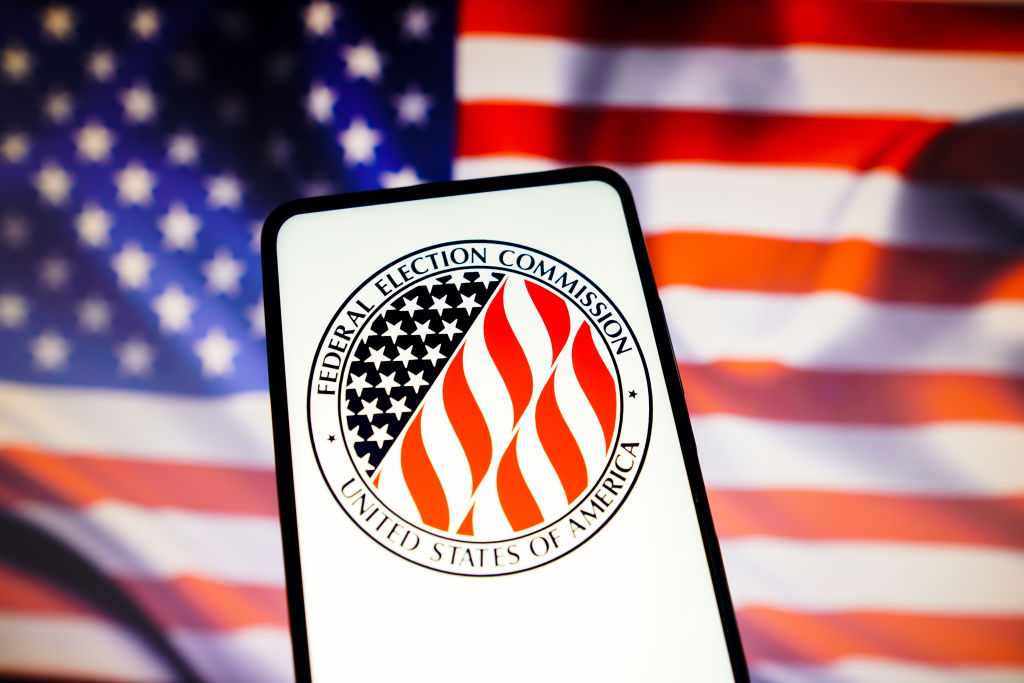On August 10th, the United States Federal Election Commission (FEC) voted unanimously to propel forward a petition aimed at potentially imposing regulations on deep fake content within AI-generated political advertisements.
The focus of this petition is to combat the spread of ads that utilize artificial intelligence to depict political candidates engaging in actions or making statements they never actually did, particularly in the lead-up to the 2024 elections.
Public Citizen, an advocacy organization spearheading this petition, is led by Robert Weissman, who considers deep fakes a substantial threat to the democratic process.
Weissman emphasizes that the FEC must wield its authority to curb the usage of deep fakes, as failure to do so could imply endorsement of an AI-propelled surge of misleading information, which could erode fundamental concepts of truth and falsehood.
Instances have arisen wherein candidates have incorporated fabricated AI-generated images as part of their campaign strategies.
For instance, Florida Governor Ron DeSantis, a contender for the Republican Party’s nomination, disseminated three fabricated images of former President Donald Trump embracing Dr. Anthony Fauci.
During the FEC session, Public Citizen sought to clarify whether existing laws encompass “fraudulent misrepresentation” in political campaigns and whether deep fakes generated by AI fall under this category.
Lisa Gilbert, Executive Vice President of Public Citizen, highlighted the urgency of regulating deep fakes and deceptive AI usage in election-related advertisements, emphasizing that each day that passes heightens the necessity for such regulation.
READ MORE: Futurama’s Hilarious Take on Crypto Mining: A Wild West Adventure in ‘Crypto Country’
The FEC’s decision to progress the petition initiates a 60-day period for public comments. Gilbert views this as an encouraging indicator that regulatory bodies are taking the threat of AI-generated misinformation seriously.
This move is commended by Craig Holman, a government affairs lobbyist associated with Public Citizen, who regards the public comment phase as a crucial platform for policy experts, advocates, and citizens to voice their apprehensions regarding the potential inundation of deep fake advertisements in the upcoming election cycle.
This development builds upon Public Citizen’s initial submission of the petition in July.
The document underscores similar concerns, stressing that the impact of deep fakes could extend to even swaying election outcomes.
In response to the first petition, support letters were received from members of both the U.S. Congress chambers.
Cointelegraph reached out to Public Citizen for additional commentary on their endeavors.
The FEC’s unanimous decision signals a proactive step toward addressing the intricate challenges posed by AI-generated deep fakes within the realm of political advertising.
Other Stories:
Top VC Firms Face Class-Action Lawsuit for Alleged Role in FTX Crypto Exchange Fraud
Cryptocurrency Asset Flows Continue Negative Trend with $107 Million Outflows
PayPal’s PYUSD Stablecoin Launch Triggers Flood of Imposter Tokens and Honeypot Scams




